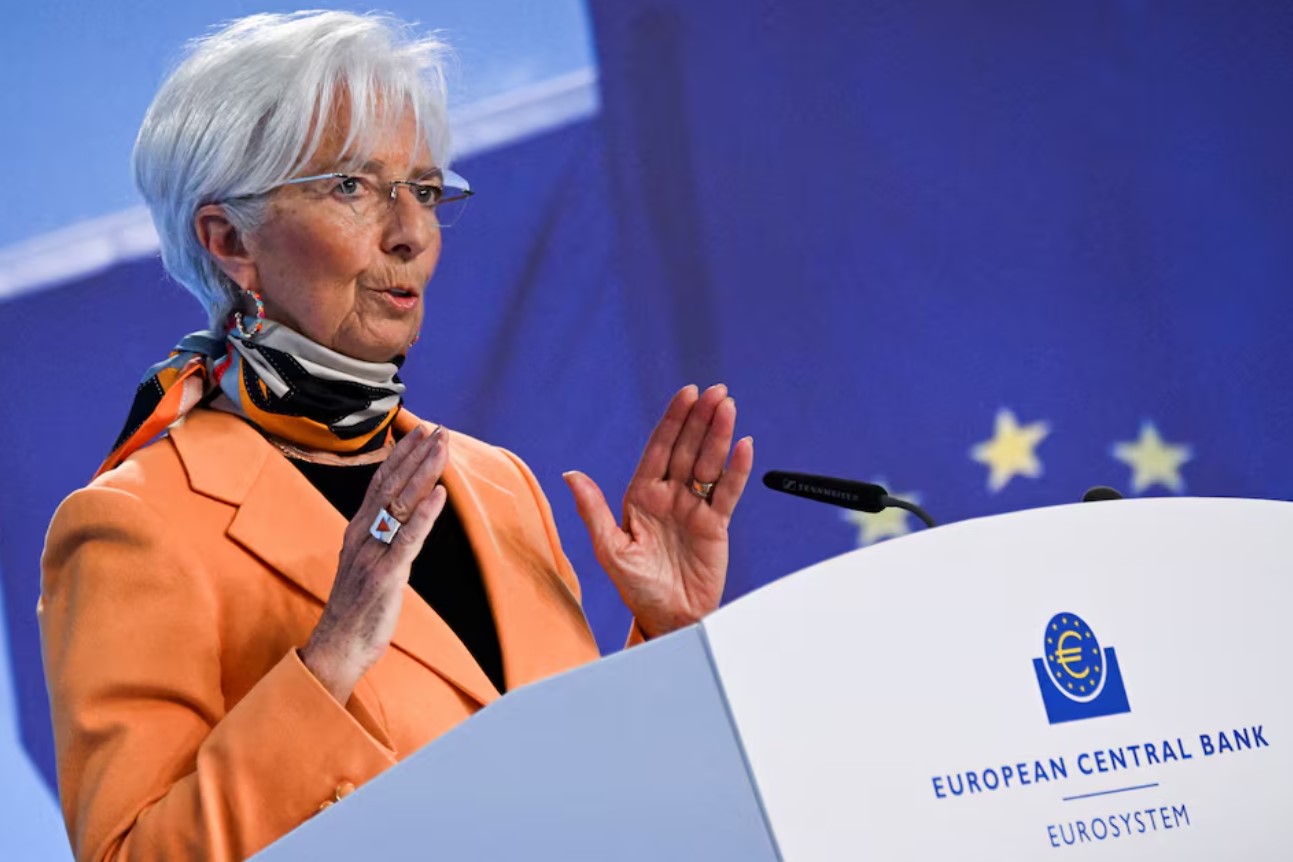European Central Bank (ECB) president Christine Lagarde has warned that the global economy is facing a period of heightened uncertainty, while underlining the resilience of both global and euro area growth in the first half of 2025.
Speaking at the International Business Council of the World Economic Forum in Geneva on Wednesday, she said that the global economy is “at a challenging juncture”.
However, she added that “despite recent trade tensions and substantial uncertainty, global growth has remained broadly steady so far”.
Lagarde explained that much of this resilience has been driven by frontloading activity caused by tariff increases.
She mentioned that “in the first quarter of the year, for example, we saw strong global frontloading as importers boosted their inventories in anticipation of higher tariffs”.
The ECB chief further pointed out that this surge in activity lifted global growth beyond earlier forecasts.
The International Monetary Fund, she said, found that “global growth for the first quarter of 2025 was 0.3 percentage points higher than it had projected back in April – with international trade and investment driving activity”.
Lagarde observed that recent trade deals have helped to reduce uncertainty but not remove it entirely.
“One index of global trade policy uncertainty has fallen by roughly half from its peak in April, but remains well above its historical average,” she said.
Turning to Europe, Lagarde emphasised that the euro area economy proved resilient at the start of the year despite the difficult global backdrop. She attributed this to two key factors.
First, she explained that Europe’s export-oriented economy benefited from the global frontloading, with growth in the first quarter exceeding expectations.
Sectors with significant export exposure to the United States, such as pharmaceuticals, which represent over one-fifth of euro area exports to the US, recorded particularly strong output growth.
However, she cautioned that this effect has already begun to reverse.
“With tariff hikes now being implemented, this effect is now reversing and the expected slowdown in euro area growth was already evident in the second quarter of this year,” she stated.
The second supportive factor, Lagarde added, has been stronger private consumption and investment, alongside a solid labour market.
The unemployment rate stood at 6.2 per cent in June, showing little change from the previous year, while the labour force continued to expand.
Looking ahead, Lagarde said that according to the Eurosystem’s June projections, growth is expected to slow in the third quarter as frontloading effects unwind.
She also drew attention to the details of the new trade agreement between the European Union and the United States.
The ECB president explained that the deal “imposes higher tariffs on euro area goods relative to the US tariff regime before April”.
The average tariff for US imports of euro area goods is now estimated to be between 12 per cent and 16 per cent.
Lagarde underlined that this outcome is less severe than feared earlier this year. “The outcome of the trade deal is well below the severe scenario for US tariffs of over 20 per cent for euro area goods envisaged in the June projections,” she said.
Nonetheless, she warned that uncertainty persists, particularly as sector-specific tariffs on pharmaceuticals and semiconductors remain unclear.
She confirmed that ECB staff will assess the full implications of the EU-US trade deal for the euro area economy in the September projections, which she said will “guide our decisions over the coming months”.
Lagarde also stressed the importance of Europe broadening its trading relationships beyond the United States.
She said that “while the United States is – and will remain – an important trading partner, Europe should also aim to deepen its trade ties with other jurisdictions, leveraging the strengths of its export-oriented economy”.
Finally, Lagarde highlighted the EU’s existing position of strength, noting that “as the number one trading partner for 72 countries, the EU already has the largest network of trade agreements in the world”.






Click here to change your cookie preferences